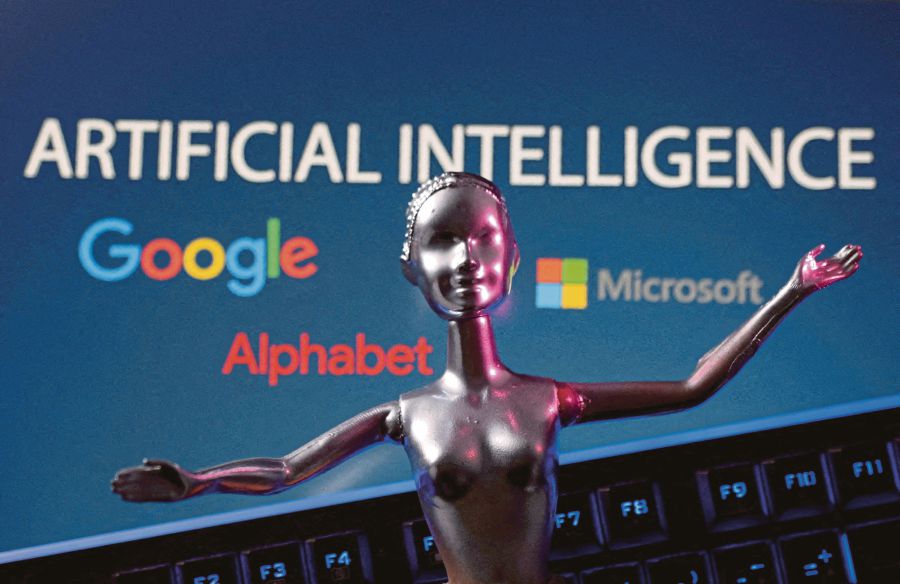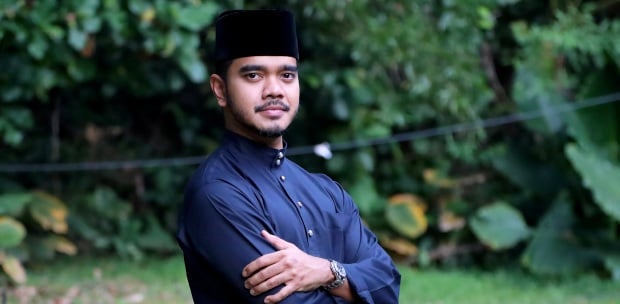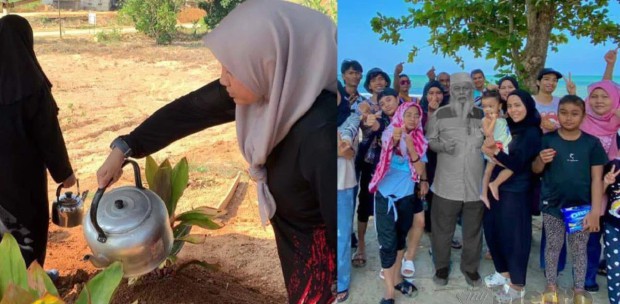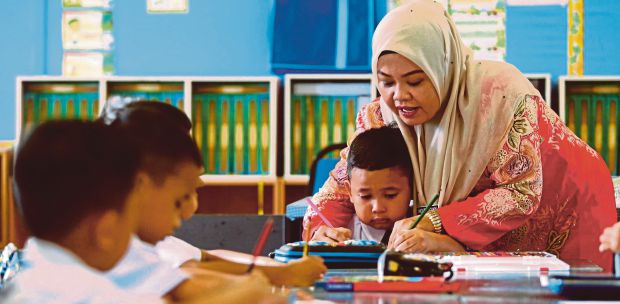Voice actor Armando Plata does not recall promoting a shopping mall in Bogota, narrating a porn movie or advertising a big bank.
Yet, his voice comes over loud and clear: schmoozing, sighing and selling with neither permission nor payment.
It was the mild, robotic twang — rather than worry over any memory lapse — that alerted Plata to the fact his voice had been quietly cloned via artificial intelligence, robbing the veteran actor of his key asset, artistic choice and vocal rights.
"I believe that the most cloned and artificially used voice in Spanish is mine," said Plata, owner of a deep and lilting voice, 50-year audio career and president of the Colombian Association of Voice Actors.
Now Plata is organising with voice actors across Latin America to legislate the "right to own one's voice". And, the group is not alone in what is emerging as a global push for human rights against the precipitous rise of
AI.
From South Africa to Europe, Japan to the United States, artists are joining forces to protect their jobs, and their souls, from the ramifications of AI that sounds just like them.
The genesis of the voice grab seemed innocent enough. It was two decades ago that Plata took part in a paid, text-to-speech project for a firm that later — unbeknownst to him — sold its recorded voices to an AI software company.
As it was common in the voiceover business, Plata signed no contract so could not then press any lawsuits.
"At one point we will be able to sue companies and push for class actions. But first, we need governments to recognise the ownership of our voices," the voice actor said.
This year, approximately 500,000 video and voice deepfakes will be shared on social media sites, according to synthetic media detection company DeepMedia.
Cloning a voice used to cost US$10,000 in server and AI-training cost; now startups offer it for a few dollars, according to DeepMedia.
Among high-profile cases of vocal appropriation is Morgan Freeman, whose voice and likeness were used in a fake video to criticise President Joe Biden in April 2023.
Given that an AI clone can come in at about half the cost of a voice artist, let alone a celeb, the technology is tempting.
One Colorado voice actor listed on Voices.com marketplace can be hired for a 60-second radio ad for US$500; the AI equivalent costs US$200 a minute, about US$1 a word. Others cost half that.
Speech-generating AI — such as Microsoft's VALL-E language model — works by sifting through reams of data, categorising how people speak then using an algorithm — known as a neural network — to replicate human vocal patterns and speech characteristics.
After AI-powered audio production companies launched in Chile this year, the national voice actors' association met with lawmakers to discuss voice ownership as a human right.
Voice actors in Colombia have similarly set up a legislative project to establish the human voice as personal patrimony.
Both pieces of legislation aim to serve as a basis for future regulations, such as mandating audio watermarks in all materials generated with synthetic voices.
While copyright laws protect works captured on a tangible medium, be it on canvas or stored digitally, voices fall outside the remit.
Some countries also prohibit deepfakes of celebrities, but there are no laws that govern vocal deepfakes specifically.
In Africa, voice artists are looking to protect themselves though there are few AI voice models able to prosper in such a rich mix of regional accents and languages, Andrew Sutherland, a South African sound engineer and voice artist, said.
One vehicle may be the South African Protection of Personal Information Act, under which personal data — voice included — cannot be collected, processed or stored without consent.
A voice could be classed as personal and sensitive data as it may show anything from class to age, said Sutherland, so "a legislator could recognise that and protect it on those grounds".
The South African Guild of Actors is lobbying government to enact policies around performer rights, a tactic mirrored by Japan's main industry body for freelance performers, Arts Workers Japan.
* The writers are from Reuters news agency





